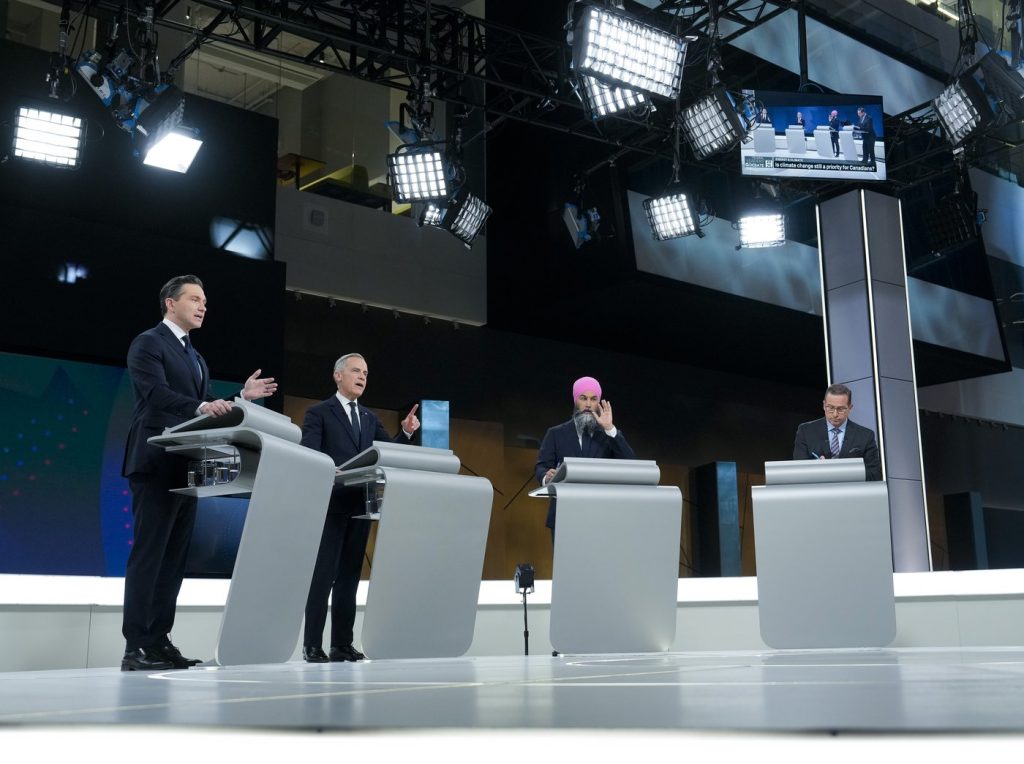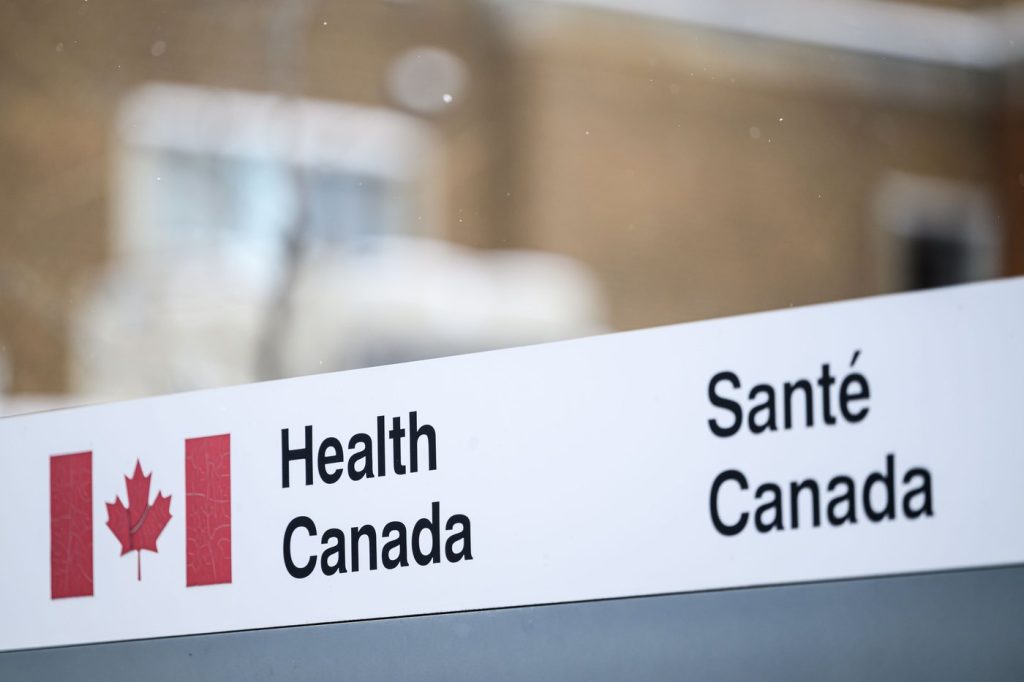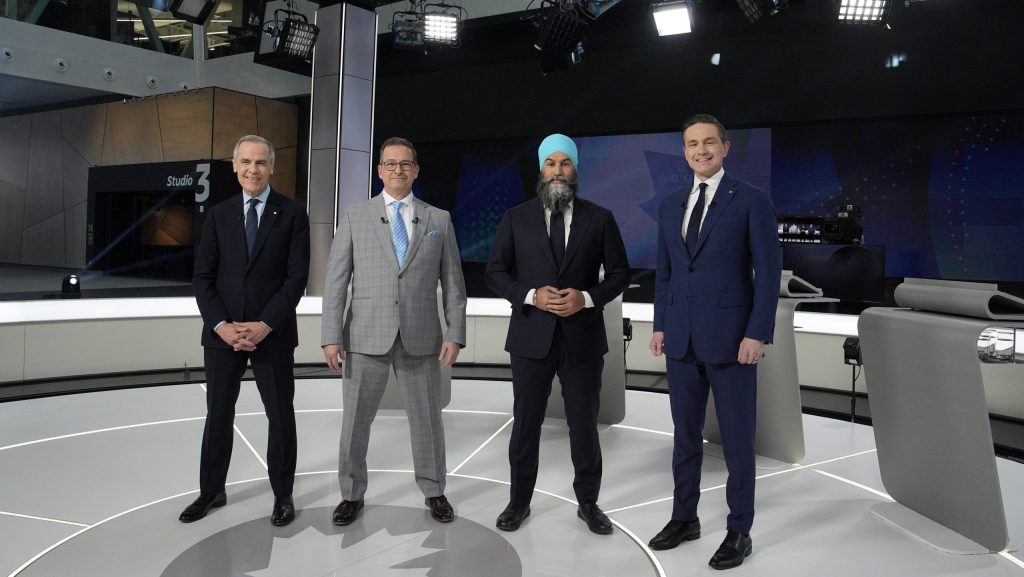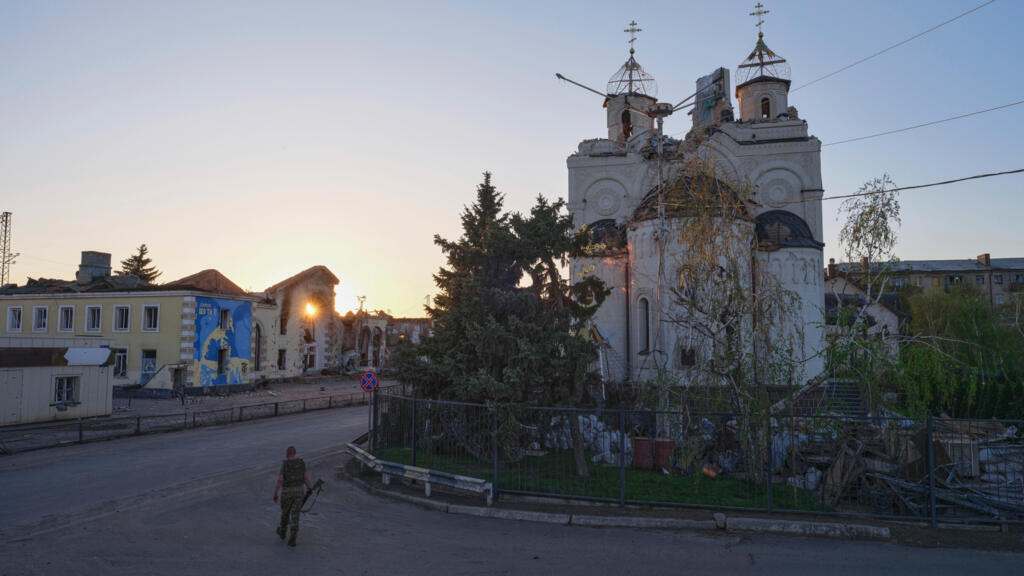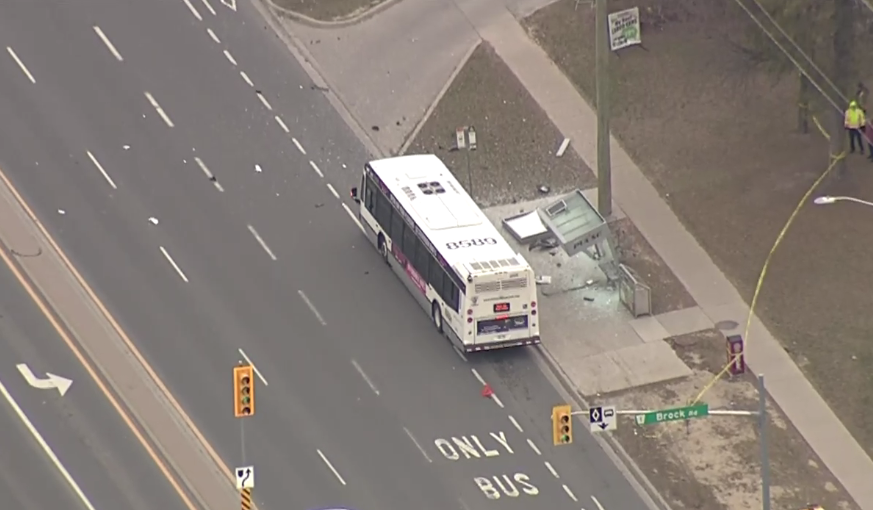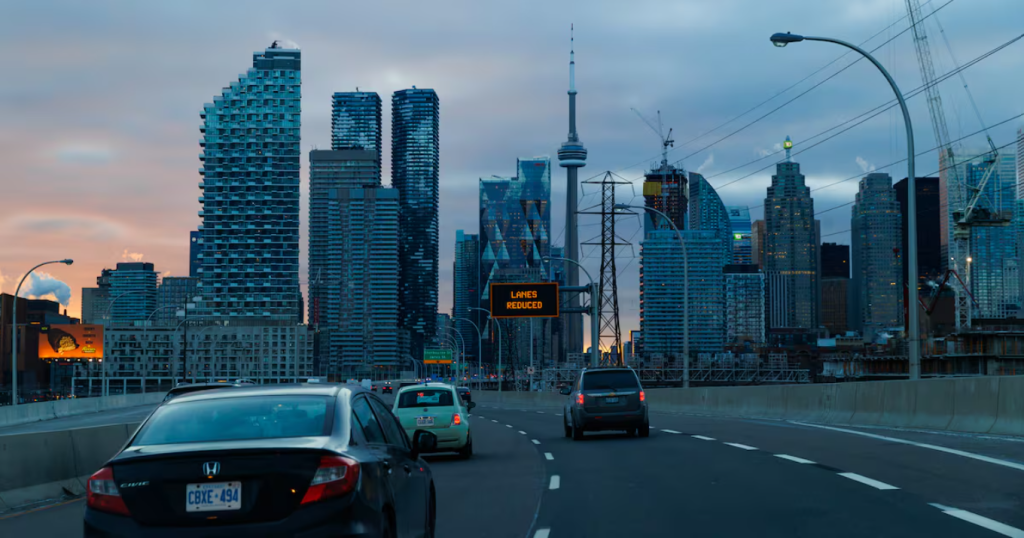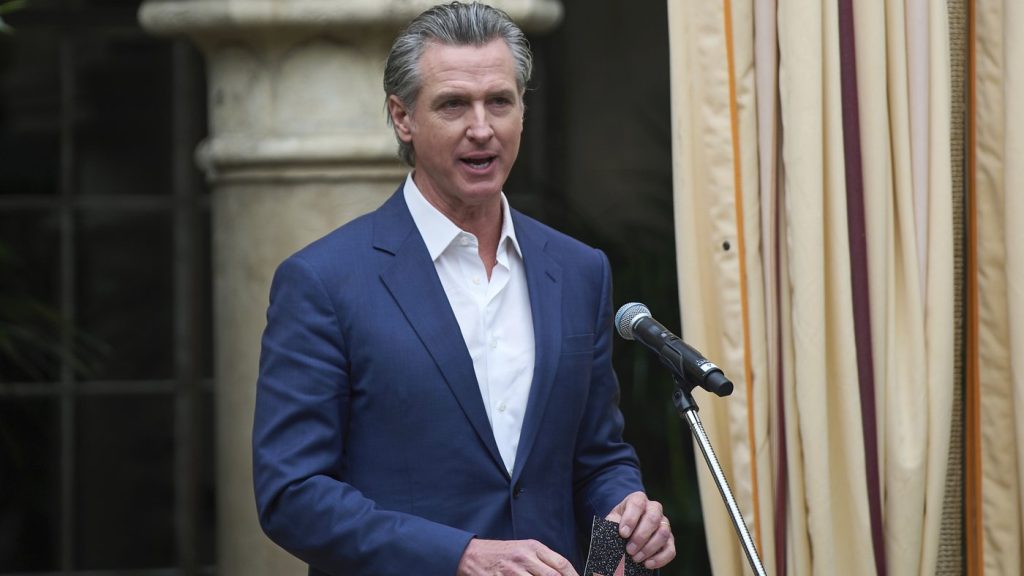OTTAWA – Conservative Leader Pierre Poilievre has pledged to dismantle a significant element of the Liberal government’s environmental policy as he and other party leaders resumed their campaign activities following the national leaders’ debates held in Montreal.
On Friday morning, both Poilievre and NDP Leader Jagmeet Singh stayed in Quebec to announce their respective strategies, while Liberal Leader Mark Carney traveled to Niagara Falls, Ontario. Carney utilized the scenic border city to further elaborate on how U.S. President Donald Trump’s tariffs have altered Canada’s relationship with the United States, reinforcing an issue that has previously invigorated Liberal support.
During his visit to a recycling facility in Montreal, Poilievre declared that a Conservative government would repeal the Liberals' 2022 ban on the manufacture and sale of six single-use plastic items, which includes straws, grocery bags, and cutlery. Furthermore, if elected on April 28, Poilievre also plans to halt the Liberal initiative aimed at standardizing plastic packaging and labeling to enhance recyclability, labeling it a “plastic tax” on food packaging.
“How long would the other fresh produce here stay edible if it could not be plastic wrapped? The answer is a lot less time,” Poilievre stated. “There’ll be more waste in our foods, more food that goes into the garbage, and therefore more costs that Canadians pay for food they don’t even get to eat.” It is noteworthy that the current plastic ban does not apply to food packaging, with the exception of takeout containers.
The previous Liberal government had categorized plastic-manufactured items as toxic under the Canadian Environmental Protection Act, leading to the ban on single-use plastics. However, a Federal Court overruled that toxic designation in November 2023, stating it was overly broad. The federal government has appealed this decision and has been granted a stay, allowing the ban to remain effective while the appeal is underway.
In addition to the ban, the Liberals have initiated a plan requiring that up to 60 percent of food packaging be made from recycled plastic by 2030, striving to increase plastic recycling rates in Canada amidst studies indicating that as much as 90 percent of plastic waste ultimately ends up in landfills. The Liberals report that approximately three million tonnes of plastic waste are produced in Canada annually, with an estimated value of about $8 billion.
Poilievre argues that the existing plastic ban could result in an economic cost of $1.3 billion over the next decade and an annual expense of $400 for the average family. While Poilievre has the ability to reverse federal regulations if elected, it is important to note that certain provinces, such as British Columbia, and cities like Montreal have introduced their own bans on single-use plastics.
Plastic straws have sparked considerable political discourse in recent years as nations seek to mitigate plastic waste. Many consumers have voiced their dissatisfaction with paper straws as a viable alternative. The United States had also planned to phase out plastic straws, but on February 20, President Trump rescinded that directive.
Carney criticized Poilievre for importing policies from American counterparts regarding plastics, asserting that the banned items have “readily available, readily affordable, you know broadly affordable” alternatives. “I don’t see the need to follow the U.S. either in terms of the respect for rule of judgments of judges, U.S. firearm policy, or with respect to plastics,” Carney remarked. “We make our own decisions here in Canada.”
In Yamachiche, Quebec, about an hour east of Montreal, Singh revealed the NDP’s platform tailored for Quebec. This document emphasizes regional policies, including plans for an east-west clean electricity power grid, suggesting Quebec could export its hydroelectricity to other provinces. Singh, flanked by several NDP candidates, articulated his commitment to defending farmers and the environment.
Singh underscored the importance of Canadian sovereignty in maintaining food security, advocating for the preservation of supply management in the dairy sector. With U.S. tariffs taking center stage in the campaign, the NDP's Quebec platform asserts that no pipeline would be constructed in Quebec without provincial consent. Singh continued to advocate for the election of more New Democrats, emphasizing that his party prioritizes the needs of everyday citizens.
“You saw as prime minister, (Carney) made a choice to give a tax cut that mostly helped millionaires. And at the same time, he’s proposing to cut services you need,” Singh highlighted. He noted that the NDP’s comprehensive, costed platform is expected to be released soon.
Carney stated that the full Liberal platform would be unveiled the following day, indicating that no party has yet presented a fully costed platform.


